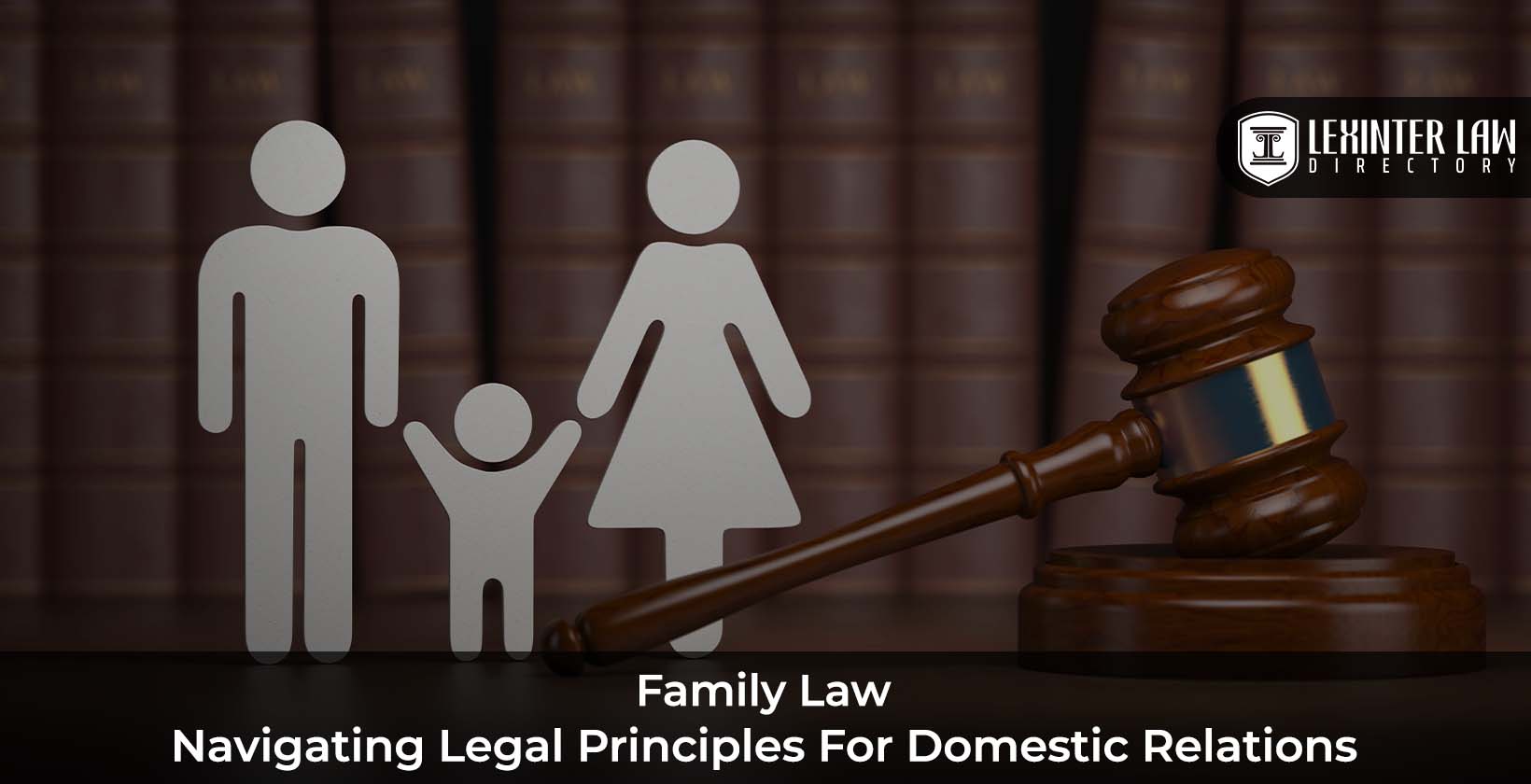What to Do After a Car Accident
In the aftermath of a car accident, the first and most critical step is ensuring your safety and that of anyone else involved. This means pulling over to a safe location if possible and turning on your hazard lights. Once you’ve done this, check yourself and any passengers for injuries. If you or anyone else is hurt, call 911 immediately.
Even if you don’t feel injured, it’s important to get checked out by a doctor. Some injuries, such as whiplash, may not show up right away. It’s also important to document the accident by taking pictures of the damage and getting the names and contact information of any witnesses.
Once you’ve taken care of your immediate safety, you need to contact your insurance company. They will be able to help you file a claim and get your car repaired or replaced. You should also contact the other driver’s insurance company to report the accident.
Dealing with a car accident can be a stressful experience, but by following these steps, you can help protect yourself and your rights. Remember, the most important thing is to stay calm and focus on your safety.
What Not to Do After a Car Accident?
After a car accident, there are a few things you should avoid doing. First, don’t admit fault. Even if you believe you caused the accident, it’s important to let the insurance companies investigate and determine fault.
Second, don’t sign anything without talking to your insurance company first. This includes any releases or waivers. You need to make sure you understand what you’re signing before you put your name on it.
Finally, don’t get angry or upset. This will only make the situation worse. Stay calm and collected, and focus on taking care of yourself and your loved ones.
Car Accident Protocol: Navigating the Aftermath
Car accidents can be traumatic experiences, leaving us feeling disoriented, injured, and overwhelmed. In the midst of such chaos, it’s essential to stay calm and take immediate action to ensure safety and well-being. One of the most critical steps in this process is promptly contacting authorities to report the incident and summon emergency assistance.
Contacting Authorities
In the immediate aftermath of an accident, it’s imperative to notify emergency services and law enforcement. This serves several vital purposes:
-
Reporting the Incident: Contacting the police creates an official record of the accident, documenting details such as the time, location, and parties involved. This documentation is crucial for insurance claims, legal proceedings, and future reference.
-
Summoning Medical Assistance: Emergency services can provide medical attention to injured individuals at the scene of the accident. They can assess the severity of injuries, administer first aid, and transport victims to the hospital for further treatment.
-
Directing Traffic: Law enforcement officers can help manage traffic flow around the accident site, ensuring the safety of other motorists and pedestrians. They can also clear debris, redirect traffic, and prevent further accidents.
-
Preserving Evidence: By responding promptly, authorities can preserve evidence at the scene of the accident. This evidence can help determine fault, identify responsible parties, and reconstruct the events leading up to the crash.
-
Protecting Rights: Contacting authorities helps safeguard your legal rights by providing an official record of the accident. This record can serve as a valuable asset in insurance disputes or legal proceedings related to the accident.
Car in Accident: What to Do After the Crash
Being involved in a car accident can be a stressful and confusing experience. In the aftermath of the crash, it’s crucial to stay calm and take the necessary steps to protect yourself and others. One of the most important things you can do is to exchange essential information with the other drivers involved.
Exchanging Information
After a car accident, it’s essential to exchange the following information with the other drivers involved, which will be vital for documentation and insurance purposes. Make sure to collect:
- Names and contact details
- Insurance details
- Vehicle registration numbers
- License plate numbers
- Witness statements (if any)
It’s also helpful to take photos of the accident scene, damage to the vehicles, and any visible injuries. These photos can serve as valuable evidence later on.
Contacting the Police
In most cases, it’s also advisable to contact the police to report the accident. The police will create a record of the incident and provide you with a copy of the police report. This report can be helpful when filing an insurance claim or seeking legal assistance.
Seeking Medical Attention
Even if you don’t feel injured immediately after an accident, it’s important to seek medical attention as soon as possible. Some injuries, such as whiplash, may not show up right away. By getting checked out by a doctor, you can make sure that you receive the treatment you need and document any injuries for insurance purposes.
Car Involved in an Accident? Here’s What to Do
If you find yourself in the unfortunate position of being involved in a car accident, it’s crucial to stay calm and take the necessary steps to protect yourself. One of the most important things to do is to document the accident thoroughly. This will provide valuable evidence for insurance claims and potential legal proceedings.
Documenting the Accident
Taking photographs of the accident scene is essential. Make sure to capture images of the damage to your vehicle and the other vehicles involved. Additionally, photograph the surrounding area, including any road signs, traffic signals, and other relevant landmarks. These photos will help you document the exact location and circumstances of the accident.
Exchanging Information
Once you’ve taken photos, it’s important to exchange information with the other driver(s) involved. Get their names, addresses, phone numbers, and insurance information. If there are any witnesses to the accident, obtain their contact details as well. This information will help facilitate the insurance claims process and may be necessary for legal purposes.
Reporting the Accident
In most states, it’s required to report car accidents to the police. Even if the accident is minor, filing a police report can provide an official record of what happened. The police report can help insurance companies and lawyers determine fault and assess damages.
Seeking Medical Attention
Even if you don’t feel injured immediately, it’s crucial to seek medical attention. Some injuries may not be apparent at first, and it’s important to have them checked out by a doctor. Additionally, having a medical record of your injuries can strengthen your insurance claim and support any legal action you may take.
Protecting Your Rights
After a car accident, it’s vital to protect your legal rights. Consider consulting with an attorney to discuss your options. An attorney can help you understand your rights, negotiate with insurance companies, and represent you in court if necessary. Taking these steps can help ensure that you receive fair compensation for your injuries and damages.
Car Accident? Here’s What to Do
Anybody can get into a car accident. But recovering from one can be easier if you’ve planned ahead. Knowing what to do in the moments after a crash can help you get the medical attention you need, protect your legal rights, and get your life back on track as soon as possible.
Seeking Medical Attention
Even if you feel fine following an accident, it’s always a good idea to see a doctor. You might have injuries that aren’t immediately apparent, like a concussion or internal bleeding. Some injuries can take hours, days, or even weeks to show symptoms. So don’t wait to seek medical attention if you’re in any doubt about your health.
Reporting the Accident to the Police
It’s the law in most states to report any accident that results in injury or property damage to the police. Filing a police report will create a record of the accident that can be helpful to you later on if you need to file an insurance claim or take legal action.
Exchanging Information with the Other Driver
If you’re involved in an accident with another driver, be sure to exchange the following information:
- Name
- Address
- Phone number
- Insurance company
- Policy number
- License plate number
- Make and model of vehicle
Taking Photos of the Accident Scene
If you can, take pictures of the accident scene. This will help you document the damage to your vehicle and the other driver’s vehicle, as well as any injuries you or your passengers may have sustained.
Contacting Your Insurance Company
You should report the accident to your insurance company as soon as possible. They will be able to help you file a claim and start the process of getting your vehicle repaired or replaced.
Getting Legal Help
If you’ve been seriously injured in an accident, you may want to consider getting legal help. An attorney can help you understand your legal rights and options, and can represent you in court if necessary.
Car Accident: What to Do When You’re in a Bind
You’ve just been in a car accident. Now what?!
Getting into a car accident can be a jarring and unnerving experience. But amidst the chaos, it’s crucial to remain calm and take the appropriate steps to protect yourself and your interests. Here’s a comprehensive guide to help you navigate the aftermath of a car accident:
Stay Safe and Calm
Safety first: Pull over to the side of the road, turn on your hazard lights, and check for any injuries. If you or anyone else involved is hurt, call 911 immediately. Once you’ve ensured everyone’s well-being, gather your wits and follow these steps to document the accident.
Document the Scene
Get the facts straight: Record as much information as possible. Take photos of the damage, the scene, your injuries, and any visible damage to the other vehicles involved. Jot down the names, addresses, and insurance information of all drivers and witnesses.
Report the Accident
Get it on the record: Notify the police about the accident and file a police report. This official document will serve as a vital piece of evidence for insurance and legal purposes.
Contacting Your Insurance Company
Start the claims process: Promptly notifying your insurance provider about the accident allows them to initiate the claims process and guide you through the necessary steps. Gather all the documentation you’ve collected and provide them with a detailed account of the accident.
Seek Medical Attention
Don’t ignore injuries: Even if you don’t feel any pain immediately after the accident, it’s crucial to seek medical attention. Some injuries, like concussions, may not manifest symptoms right away. Getting checked out ensures proper diagnosis and documentation for insurance purposes.
Protect Your Rights
Time is of the essence: Don’t sign any documents or provide recorded statements to anyone other than the police or your insurance company. Consult with an attorney if you have any doubts about your rights or the legal implications of the accident.
Avoid Getting Blamed
Be mindful of what you say: Remember, everything you say can be used against you. Avoid admitting fault or making statements that could compromise your case. Stick to the facts and be honest with your insurance company and the police.
Don’t Post on Social Media
Keep it private: Resist the urge to post about the accident on social media, even if you think you’re not at fault. Your posts can potentially be used against you in insurance or legal proceedings.
Get a Copy of the Police Report
Secure the evidence: Once the police have completed their investigation, request a copy of the official police report. This document will contain valuable information about the accident and will help you file insurance claims and pursue legal action if necessary.
Car in Accident: Essential Steps to Take
Experiencing a car accident can be a traumatic and disorienting event. While ensuring your well-being should be the top priority, there are certain essential steps to follow afterward to protect your legal rights and ensure a smooth recovery process. Reporting the accident to the authorities is paramount, and depending on your location, you may be legally obligated to report it to the Department of Motor Vehicles (DMV) within a specified timeframe. Neglecting this reporting can result in penalties or even suspension of your driver’s license.
Reporting to the DMV
In many jurisdictions, you are required to report an accident to the DMV within a certain period, usually within 10 days or so. This is important to do even if you don’t believe the accident was your fault. The DMV will need information about the accident, including the date and time, location, and the vehicles and drivers involved. You may also need to provide a copy of the police report. The DMV will use this information to determine if you or the other driver(s) violated any traffic laws and may take action accordingly, such as suspending or revoking your driver’s license. Therefore, it’s crucial to report the accident to the DMV in a timely manner as per the regulations in your jurisdiction.




Leave a Reply